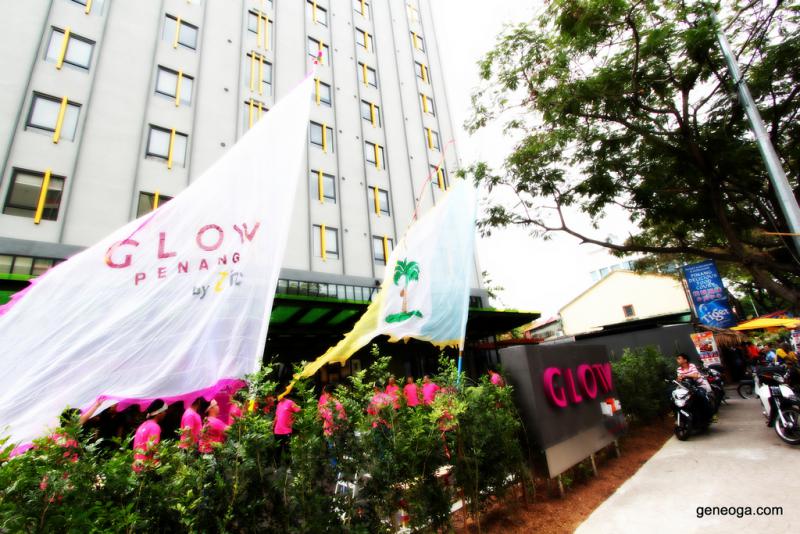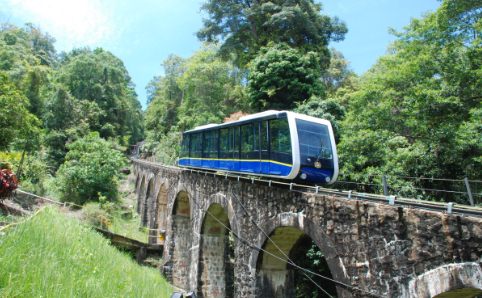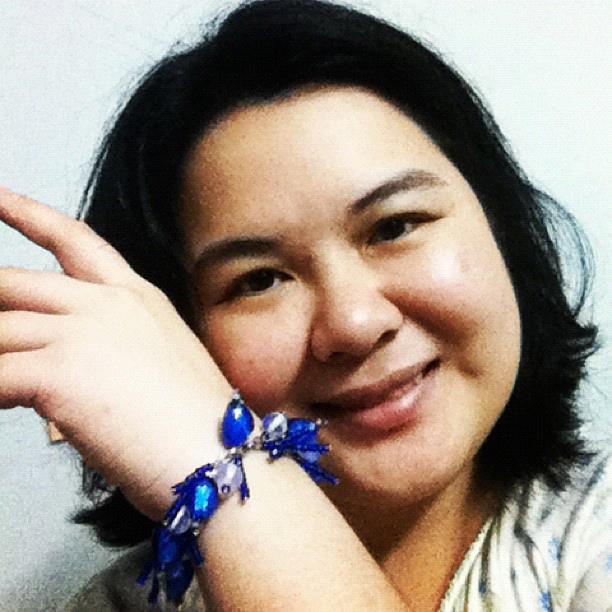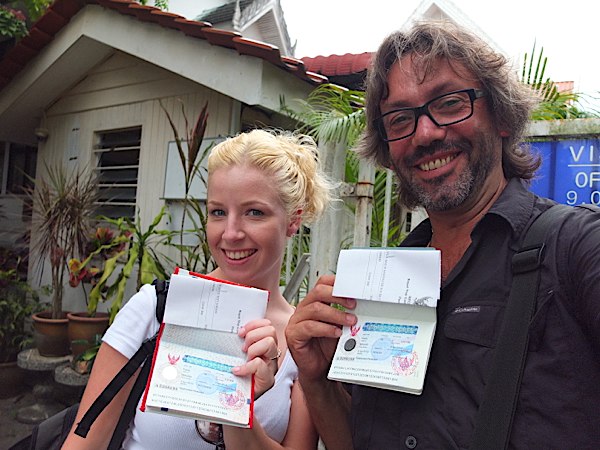Destinations
Penang
Penang
Visit beautiful Penang, where Malay is the national language as well as a major part of Penang culture. English and the Chinese dialect of Hokkien is widely spoken. The English spoken here is a form of Manglish (Malaysian colloquial English). Tamil is also spoken amongst the Indian community.
Religion
Buddhism is the main religion in Penang, however Islam is the official religion of the state. There is also a small community of Jews in Penang, mainly along Jalan Zainal Abidin (formerly Jalan Yahudi or Jewish Street). You will note that the Penang culture is really very varied and interesting.
Eating in Penang
Undoubtedly the number one "sport" of Malaysians is eating. Malaysians eat, on average six times a day and you can find food almost everywhere and at any time of the day.Many of the restaurants and coffee shops are open 24-hours in Penang. The island is a gourmet paradise with food lovers from all over the world coming to sample its unique cuisine.It was recognized by Time Magazine in 2004 as having the Best Street Food in Asia.
The International Dragon Boat Festival
Since 1979, The International Dragon Boat Festival has been held here annually. With the races being held at the Teluk Bahang Dam.In addition to the International Dragon Boat Festival usually held around June or July, there is also the Penang Pesta Dragon Boat Race held in December
Goddess of Mercy
A unique annaul event in the Penang Culture is the observing of an interesting event which started in 1919 to celebrate the birthday of Kuan Yin or the Goddess of Mercy.This is a procession in which teams of people display their skills at balancing 40-foot bamboo flagpoles on their heads, shoulders, hands, knees and buttocks. This colorful procession parades through the streets of Georgetown.
Chingay
Chingay used to be held annually to celebrate the birthdays of Chinese deities, particularly Guan Yin or the Goddess of Mercy. However, today it is also held during other festive occasions like the New Year or during the Pesta Pulau Pinang in December. The currency in Malaysia is the Malaysian ringgit.
Best time to visit Penang
For clear blue skies and less rain, the months of December to March are usually the best time to visit Penang. Remember to pack both the sun cream and your umbrella. If you are visiting Penang for a few days, there is a good chance you will get wet at some point; any time of the year.
Places to visit in Penang
Penang Hill, or Flagstaff Hill (Bukit Bendera) as it is officially known, rises 821 meters above sea level, providing a welcome respite from the heat down below. One of the most popular attractions in Penang, a trip up Penang Hill is not to be missed when visiting this island. Breathtaking panoramic views, as far as the eye can see, of the whole island await you at the top. On a clear day you can even see as far as Seberang Perai. A funicular train takes you all the way up to the top of the hill, where you will find a restaurant, a Hindu temple, a church, a mosque and a snake show, where you can take photos with a tame python for a fee.
Kek Lok Si Temple
Arguably the largest Buddhist temple complex in Southeast Asia, Kek Lok Si Temple stands on top of a hill in the little town of Air Itam. Founded more than a hundred years ago, its temple complex is filled with beautifully-landscaped gardens and sacred temples. A striking seven tiered pagoda called The Pagoda of 1000 Buddhas, which combines Thai, Chinese and Burmese styles in one structure, houses a stunning collection of Buddha statues made from all sorts of precious materials. The statues of The Four Heavenly Kings, guarding the four points of the compass – North, South, West and East – with the statue of The Laughing Buddha in the middle, can also be found within the temple complex.
Penang War Museum
Built by the British army right on top of Bukit Maung, the War Museum bore witness to the fall of the British army in the hands of the Japanese invaders, making it a significant historical point in Penang. The ancient fortress holds a dark story from the time when it was transformed into a Japanese army base. There are tales of war prisoners being tortured for information. As a result Bukit Maung earns the reputation of a haunted location, sending chills down the spines of locals who don't dare to go up the hill after dark. Turned into a War Museum three decades later, the fortress still maintains its underground tunnels and ventilation shafts, ammunition bunkers, logistic center, canon firing bays, sleeping quarters, cook houses and medical infirmary.
Tropical Spice Garden
Featuring over 500 exotic species of flora and fauna, the magnificent Tropical Spice Garden is a living museum of botanical wonders spread over eight acres of lush nature conservation land. With 11 garden trails and stream crossings, waterfalls and structures made of recycled organic materials, this award-winning attraction also features a Spice Museum and a Spice Café where you can get a full view of Teluk Bahang while sipping herbal tea on the open terrace. There is a Gift Center where you can buy organic gift items and souvenirs which include fresh spices, citronella mosquito repellent, sandalwood soaps, massage oils and perfume oils.
Penang Tropical Fruit Farm
On the hilly terrain of Teluk Bahang, approximately 800 feet above sea level, the Tropical Fruit Farm flourishes with all sorts of tropical and sub-tropical fruit trees. From durians to West Indian cherries, spread over 25 acres, the orchard was developed for the conservation of rare and exotic fruits, as well as a means to promote local fruits to local and international visitors. Boasting over 250 types of fruit including some rare and exotic ones originating from faraway lands such as the Caribbean and Central Africa, the orchards also features only organic produce. They use organic fertilisers instead of chemicals and pesticides here
Wat Chaiya Mangkalaram
A Thai temple built in 1845, Wat Chaiya Mangkalaram houses the giant Reclining Buddha statue. Measuring 33 metres long, the statue is said to be the third largest of its kind. It signifies Buddha's total detachment from worldly matters during the last days of his life, and the statue is said to be Buddha's final resting position before he died. You can also find smaller Buddha statues in varying guises and positions around the temple, as well as statues of Thai deities. You will find colourful murals depicting Buddha's life story.
Health advice for people travelling to Penang
Sun block and sunglasses for protection from harmful effects of UV sun rays. To prevent insect and mosquito bites, carry lightweight long-sleeved shirts, long pants, and a hat to wear outside. Keep flying-insect spray on hand to clear rooms of mosquitoes. It is also advisable to carry medicine for diarrhea, usually over-the-counter.















